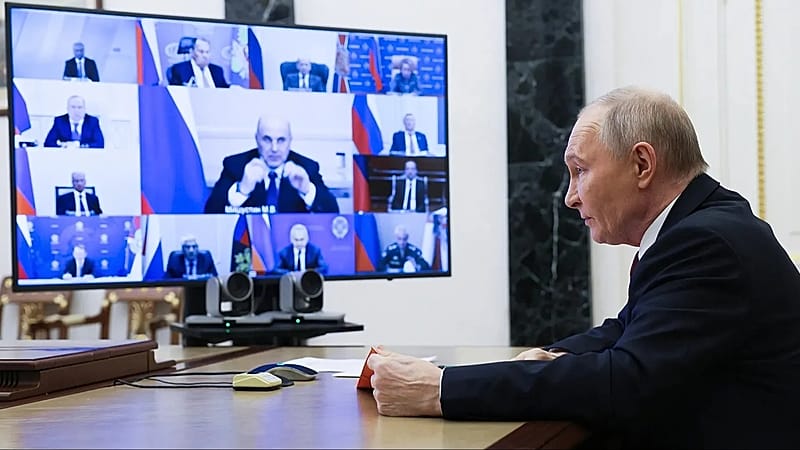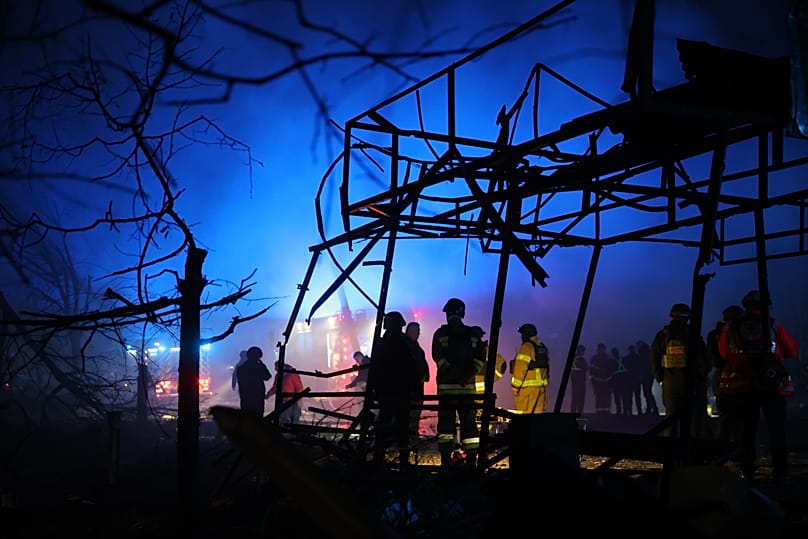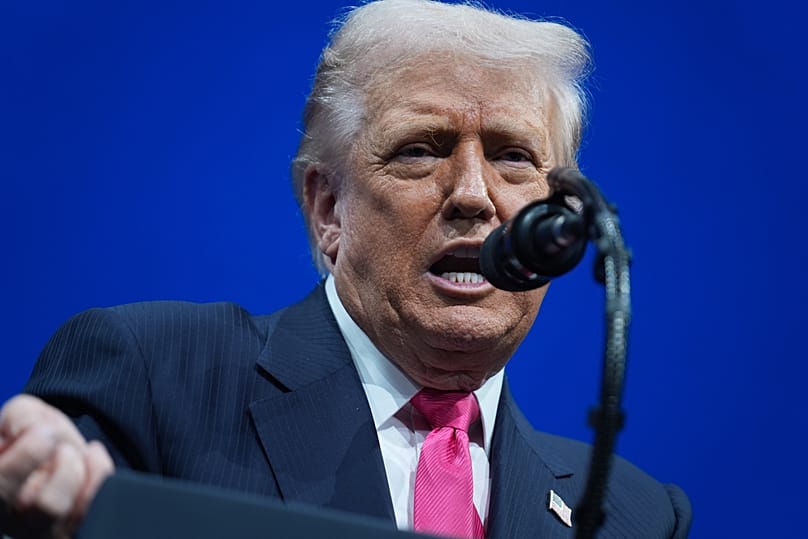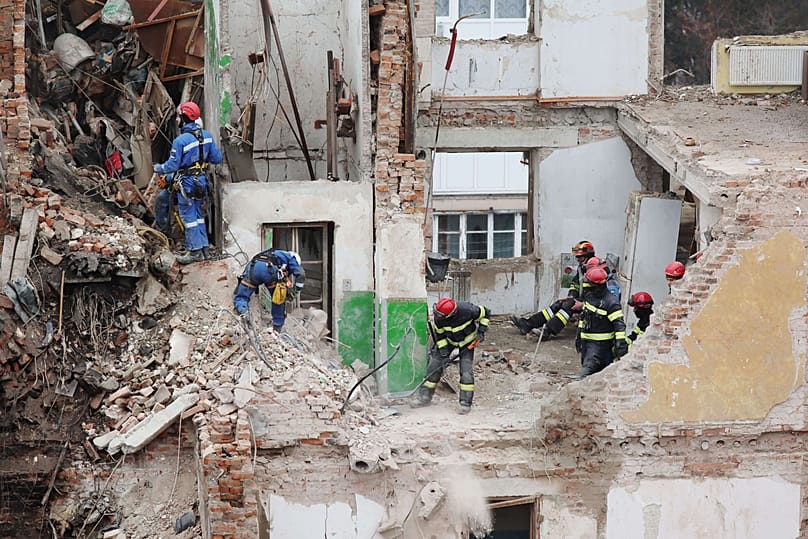Zelenskyy faces tough choice as Putin welcomes US-Russia peace plan

Russia's President Vladimir Putin has publicly spoken about the US-Russian plan to end the war in Ukraine for the first time on Friday, saying it "could form the basis of a final peace settlement."
Putin called the proposal "a new version" and "a modernised plan," stating Moscow has received it.
"I believe that it, too, could form the basis for a final peace settlement," Putin said.
"But this text has not been discussed with us in any substantive way, and I can guess why," Putin added.
"The US administration has so far been unable to secure the consent of the Ukrainian side. Ukraine is against it. Apparently, Ukraine and its European allies are still under illusions and the dream of inflicting a strategic defeat on Russia on the battlefield."
Putin's claim that the text of the plan was not discussed with the Kremlin contradicts its contents, which show that it largely consists of the same maximalist demands Moscow has made since its full-scale invasion of Ukraine in early 2022.
According to the draft leaked by US outlets, Russia has demanded Crimea, Luhansk and Donetsk to be “de facto Russian, including by the United States”.
Russia has been trying to occupy all of the Donetsk and Luhansk regions – known together as Donbas – since its first invasion of 2014. Until now, Moscow's troops have not fully controlled these areas.
The Kremlin would in return agree to a ceasefire in the regions of Kherson and Zaporizhzhia along the current contact line.
The Kremlin also wants Ukraine to scale down its military to 600,000 personnel, with European fighter jets stationed in neighbouring Poland, and to forgo many of its weapons.
The leaked plan also includes vague indications that Moscow would not invade other countries apart from Ukraine.
Putin's envoy Kirill Dmitriev has "extensively" discussed the draft of the plan with US special envoy Steve Witkoff for as long as three days during a get-together in Miami, according to multiple reports in international outlets, citing US and Russian officials.
Meanwhile, Ukrainian President Volodymyr Zelenskyy told his country in an address on Friday that it was facing a pivotal choice between standing up for its sovereign rights and preserving the US support it needs, as leaders discuss the deal which is seen as favouring Russia.
Zelenskyy insisted on fair treatment while pledging to "work calmly" with Washington and other partners in what he called "truly one of the most difficult moments in our history."
"Currently, the pressure on Ukraine is one of the hardest," Zelenskyy said in his speech. "Ukraine may now face a very difficult choice, either losing its dignity or the risk of losing a key partner."
Trump wants Ukraine to respond within a week
US President Donald Trump said in a radio interview on Friday that he wanted an answer from Zelenskyy on his 28-point plan by Thursday, but added that an extension is possible to finalise terms.
"I've had a lot of deadlines, but if things are working well, you tend to extend the deadlines," Trump said on the Brian Kilmeade Show on Fox News Radio. "But Thursday is it — we think an appropriate time."
He urged Ukrainians to "stop fighting" each other, in a possible reference to a major corruption scandal that has brought fierce criticism of the government and said peace talks next week "will be very difficult".
Europe says it will keep supporting Ukraine
Zelenskyy spoke by phone with the leaders of Germany, France and the United Kingdom earlier on Friday, who assured him of their continued support, as European officials scrambled to respond to the US proposals that apparently caught them unawares.
Wary of antagonising Trump, the European and Ukrainian responses were cautiously worded and pointedly commended US peace efforts.
German Chancellor Friedrich Merz, French President Emmanuel Macron and UK Prime Minister Keir Starmer assured Zelenskyy of "their unchanged and full support on the way to a lasting and just peace" in Ukraine, Merz's office said.
The four leaders welcomed Washington's efforts to end the war.
"In particular, they welcomed the commitment to the sovereignty of Ukraine and the readiness to grant Ukraine solid security guarantees," the statement added.
The line of contact must be the departure point for an agreement, they said, and "the Ukrainian armed forces must remain in a position to defend the sovereignty of Ukraine effectively."
Starmer said the right of Ukraine to "determine its future under its sovereignty is a fundamental principle."
Today




